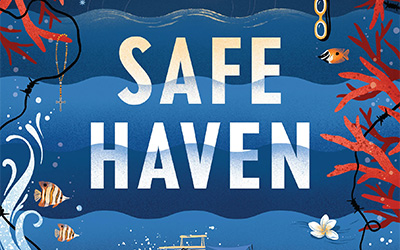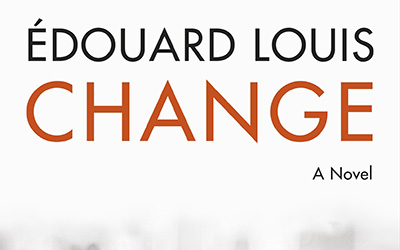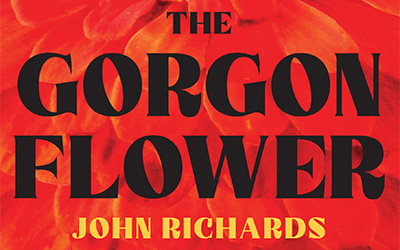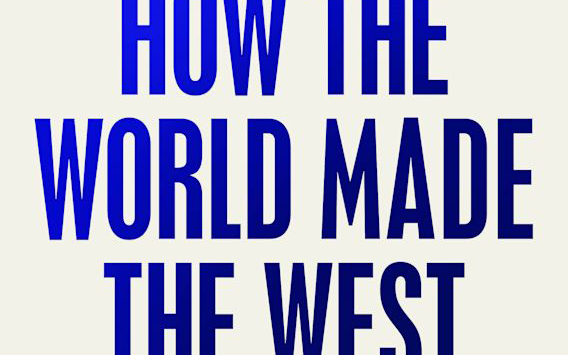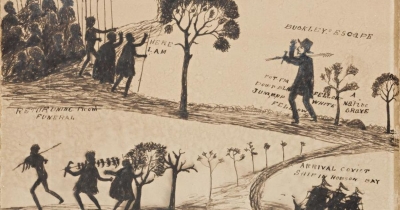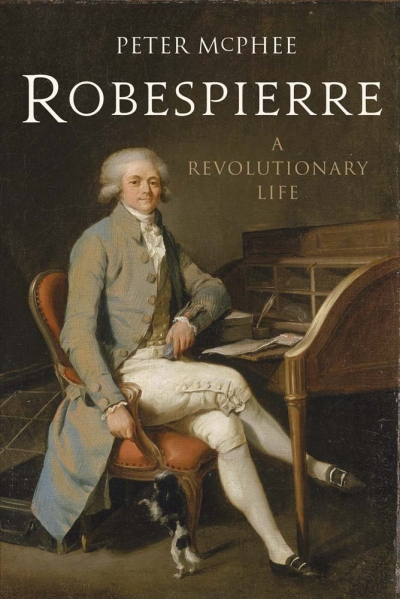Interview
Open Page with Iain McCalman
by Australian Book Review
Iain McCalman was born in Nyasaland in 1947, and educated in Zimbabwe and Australia. He writes British, European, and Australian histories of popular science, politics, conservation, and literary cultures. His books include The Reef: A passionate history (2013) and Delia Akeley and the Monkey (2022). His new book is John Büsst: Bohemian artist and saviour of reef and rainforest (NewSouth, 2024). He is a former President of the Australian Academy of the Humanities and was Co-Founder and Co-Director of the Sydney [University] Environment Institute (2011-21). He was awarded Officer of the Order of Australia in 2007 for ‘services to history and the humanities’.





-FEAT.png)



